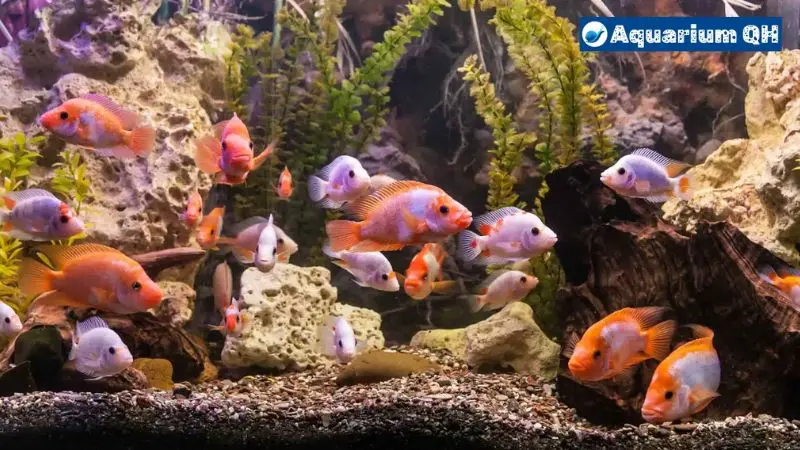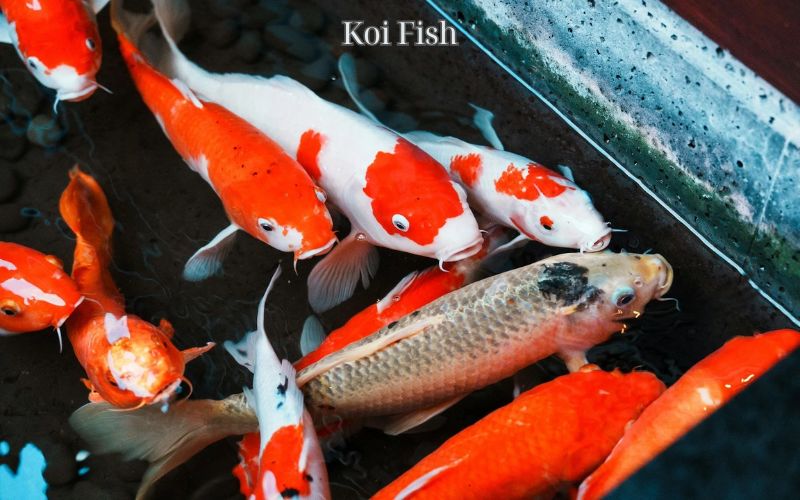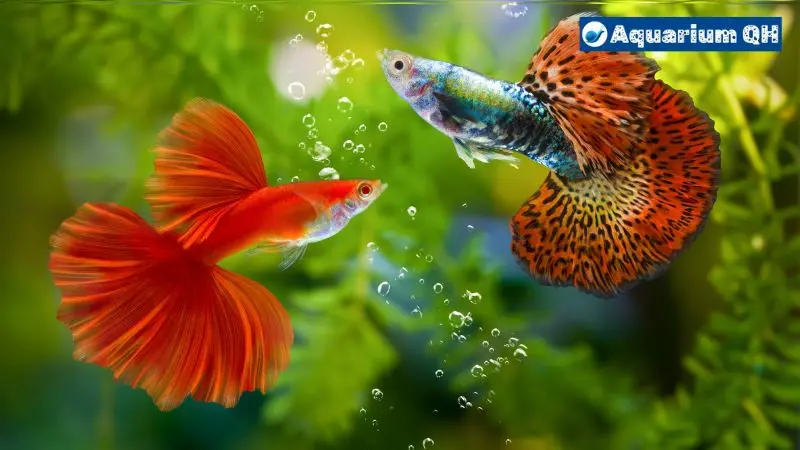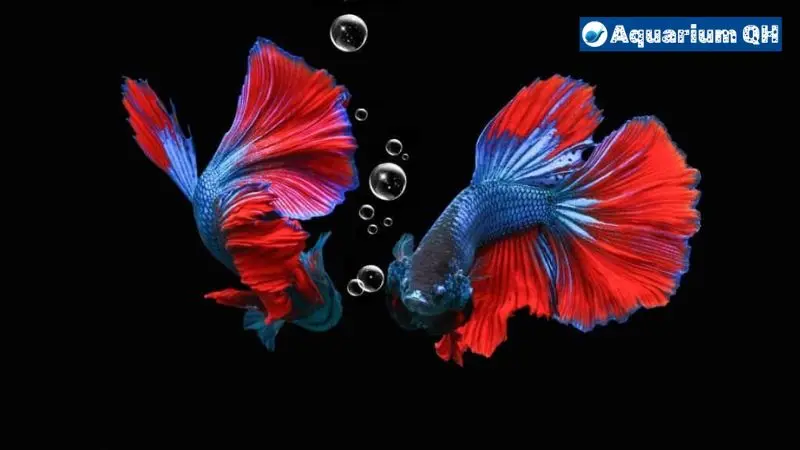Fishkeeping is a rewarding hobby that requires diligence and care to ensure the well-being of aquatic creatures. Among the essential components of a fish tank setup, filters play a crucial role in maintaining water quality. But have you ever wondered how long fish can survive without a filter? Let’s find the answer with Aquarium QH.
Introduction
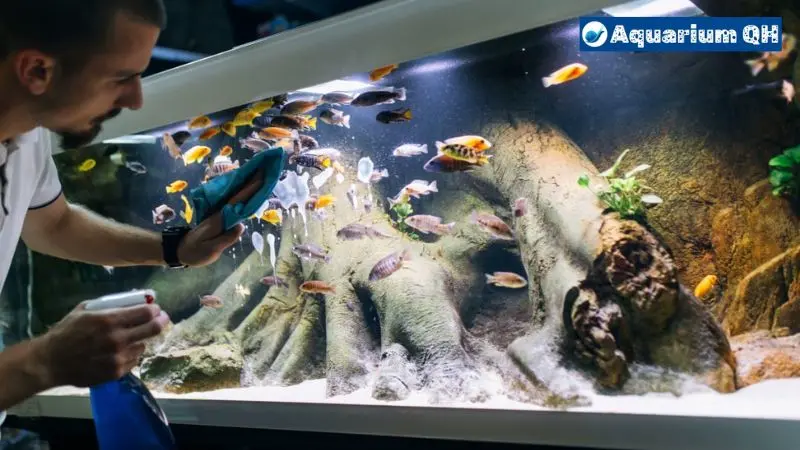
Filters are integral to fish tanks as they help in removing debris, waste, and harmful chemicals from the water. They aid in the establishment of a balanced ecosystem within the aquarium, promoting the health and longevity of its inhabitants.
Factors Affecting Fish Longevity
Water Quality
The quality of water is paramount for the survival of fish. Without filtration, waste accumulates, leading to an increase in ammonia and nitrite levels, which are toxic to fish.
Oxygen Levels
Filters facilitate the exchange of gases, ensuring adequate oxygenation of the water. In the absence of filtration, oxygen levels may decrease, posing a threat to fish respiration.
Ammonia and Nitrite Levels
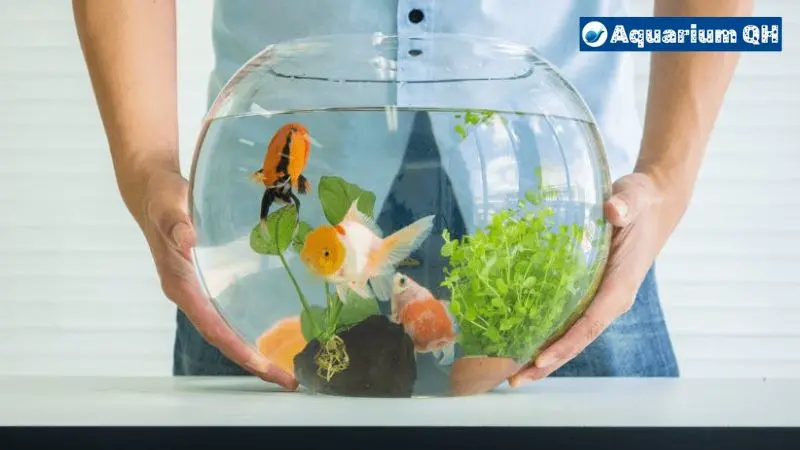
Decaying matter releases ammonia, which is converted into nitrite by beneficial bacteria in the tank. Elevated levels of these compounds can be lethal to fish if not removed promptly.
Temperature
Filters help in maintaining a stable water temperature, which is vital for the overall well-being of fish. Fluctuations in temperature can stress fish and compromise their immune system.
Fish Survival Without a Filter
Short-term Survival
In well-established tanks with a healthy biological balance, fish can survive for a short period without a filter. However, frequent water changes are necessary to prevent toxin buildup.
Medium-term Survival
Certain species of fish are more resilient and can withstand temporary disruptions in filtration. However, prolonged exposure to poor water conditions can have detrimental effects on their health.
Long-term Survival
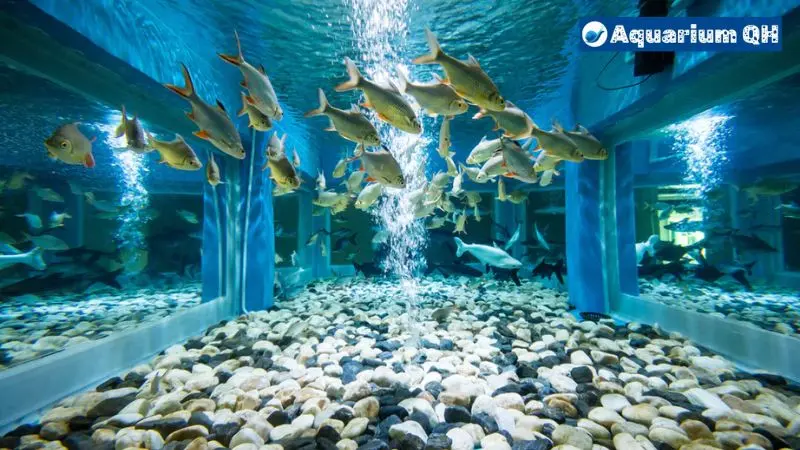
While some hardy fish species may survive for an extended period without filtration, it is not recommended to rely solely on this method. Long-term exposure to suboptimal water conditions can result in stunted growth, increased susceptibility to diseases, and premature death.
Adaptations of Fish
Anabantoids (Labyrinth Fish)
Some fish, such as bettas and gouramis, possess labyrinth organs that allow them to breathe atmospheric oxygen. They can survive in oxygen-deprived environments for short durations.
Livebearers
Livebearing fish, like guppies and mollies, have a higher tolerance for fluctuating water conditions. They can adapt to varying levels of ammonia and nitrite, making them more resilient.
Air-breathing Fish
Certain species, such as lungfish and some catfish, have the ability to breathe air directly from the surface. This adaptation enables them to survive in oxygen-depleted waters.
Tips for Maintaining Fish Tanks Without Filters
Regular Water Changes
Frequent water changes are essential for removing accumulated waste and replenishing oxygen levels. Aim for weekly water changes of 25-50% to maintain optimal water quality.
Adding Live Plants
Live plants help in oxygenation and nutrient absorption, contributing to a healthier aquarium environment. They also act as natural filters, absorbing harmful substances and reducing algae growth.
Decreasing Feeding Frequency
Overfeeding leads to excess waste production, contributing to poor water quality. Feed fish sparingly and remove any uneaten food promptly to prevent fouling of the water.
Conclusion
While fish can survive for varying durations without a filter, it is imperative to prioritize water quality and maintain a stable environment for their well-being. Regular maintenance, proper stocking, and adherence to best practices are essential for the longevity of aquarium inhabitants.
FAQs
Can all fish survive without a filter?
While some species are more adaptable, it’s not advisable to forego filtration entirely.
How often should I change the water in my fish tank?
Weekly water changes are recommended to maintain water quality.
Are there alternative filtration methods for fish tanks?
Yes, options like sponge filters and live plants can supplement or replace traditional filtration systems.
What signs indicate poor water quality in a fish tank?
Symptoms include cloudy water, algae blooms, fish gasping at the surface, and unusual behavior.
Is it possible to cycle a fish tank without a filter?
While challenging, it’s theoretically possible using alternative methods like frequent water changes and live plants.

